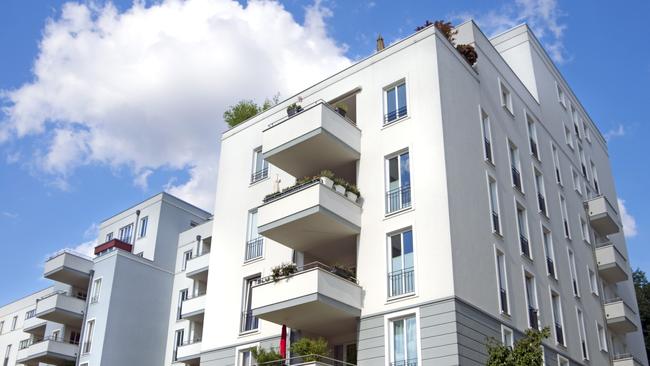Housing developers cheers RBA rate cut
The residential property industry remains vulnerable with consumer confidence an issue.

Housing developers have welcomed the Reserve Bank’s cut to interest rates as the industry looks a stimulus with building level levels still at record lows and the sector facing the threat of disturbance to supply chains from the coronavirus.
The residential property industry has been buoyed by strong auction clearance rates in recent months, as well as rising home price values, but remains vulnerable with consumer confidence an issue because of uncertainty about the slowing economic growth and the impact of the COVID-19 virus.
HIA chief economist Tim Reardon said Tuesday’s decision by the RBA board to lower the cash rate was the “prudent” course of action.
“The reduction in the cash rate in 2019 was critical to slowing the decline in the residential building that has been a major drag on economic growth,” he said.
“It is now clear that travel and trade restrictions between China and Australia will weigh on the domestic economy. It is prudent to move early to ward-off more significant impacts.
Mr Reardon said the residential building industry had some exposure to the trade and travel restrictions, but at this stage home building prices and project completion times had not been affected.
Ray White Group managing director Dan White said the further rate cut by the RBA was reflective of buyers’ belief that rates will stay low for the foreseeable future.
Mr White said people looking at their next move in the property market were generally unconcerned by such cuts and “we believe today’s move will have little impact in this sector”. “The optimism on the ground across the country for both buyers and sellers is palpable right now,” he said.
Savills head of research Phil Montgomerie said that in the near term residential prices would continue to appreciate, making affordability harder for first home buyers.
He said that investors would not necessarily buy residential property given the still tight credit market for this segment,
AMP Capital chief economist Shane Oliver said building approvals plunged by 15.3 per cent in January driven by a 36 per cent drop in approvals for units and town houses.
Net exports and public demand are each expected to contribute a smaller than expected 0.1 percentage points to December quarter GDP growth.
“There is a risk that it could be negative, even before the bushfires and coronavirus likely knocked the economy backwards in the current quarter,” he said.





To join the conversation, please log in. Don't have an account? Register
Join the conversation, you are commenting as Logout